New Delhi: The Indian government has responded to a petition challenge against recent Information Technology (IT) Amendments related to online gaming, asserting that these changes are crucial for shielding children and young people from potential harms such as psychological injury, gaming addiction, financial loss, and fraud.
In an affidavit filed in the Delhi High Court, the Ministry of Electronics and Information Technology (MeitY) emphasised that the IT Rules, 2021, amended on April 6, 2023, provide a uniform regulatory framework mandated by the Union Government. This framework requires online gaming intermediaries to adhere to consistent due diligence procedures across the entire territory of India.
MeitY’s response highlighted the establishment of an Inter-Ministerial Task Force for Online Gaming Regulation (IMTF) in May 2022. Comprising nine members, including secretaries from eight different Central Government Ministries and the CEO of NITI Aayog, the IMTF extensively examined global best practices, due diligence mechanisms, and issues related to online gaming.
Following comprehensive consultations involving state governments, industry stakeholders, legal experts, psychologists, educators, and gamers, the IMTF submitted its report to the Cabinet Secretariat in September 2022. The consultation process revealed a consensus on the need for a central law to regulate online gaming effectively, MeitY stated.
The affidavit was presented as part of ongoing legal challenges questioning the constitutional and legislative validity of the Information Technology (Intermediary Guidelines and Digital Media Ethics Code) Amendment Rules, 2023, concerning online gaming.
An NGO named the Social Organisation for Creating Humanity (SOCH), initiated the legal action, arguing for effective control and regulation of online gaming activities. SOCH emphasised the importance of a regulatory mechanism aligning with constitutional powers.
The petition further contended that the impugned rules aim to establish a framework for regulating online gaming, including real money games, by classifying them as ‘intermediaries’ under the IT Act, 2000. The rules impose due diligence requirements such as Know Your Customer (KYC) verification, appointment of grievance redressal and nodal officers, registration and membership in a Self-Regulatory Body (SRB), and certification of certain categories of online real money games.
The petition also asserted that online gaming platforms and apps, by actively selecting and modifying content, do not fall within the category of intermediaries as defined in Section 79(2) of the IT Act. Challenging the legislative competence of the Union government, the petition referred to Entry 34 of List II of the Seventh Schedule of the Constitution, which grants power to state legislatures to enact laws on ‘gambling and betting.’ The plea argued that this power extends to all forms, including online gambling and betting.
The authority to legislate on gambling and betting, covering all forms, including online activities, is vested in state legislatures. The Minister in Charge of the Respondent Ministry has consistently affirmed in Parliament that the regulation of all aspects of gambling and betting falls under the purview of state legislatures.
Additionally, even in the case of ‘games of skill,’ which are beyond the scope of ‘gambling and betting,’ regulatory powers rest with the states, as outlined in entries 1 (public order), 26 (trade and commerce within the state), and 33 (sports, entertainments, and amusements) of List II of the Seventh Schedule of the Constitution.










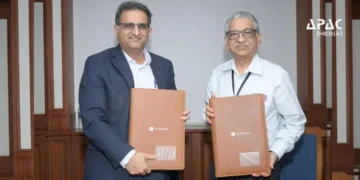
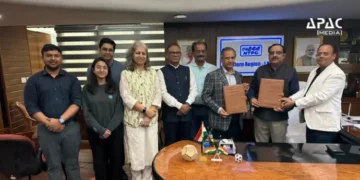








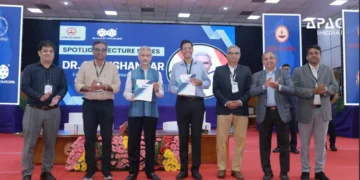





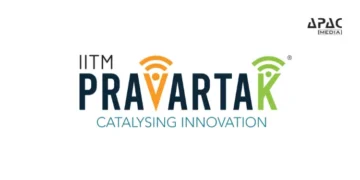
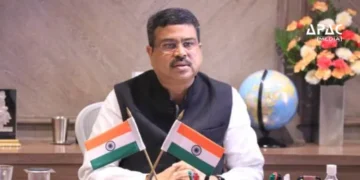











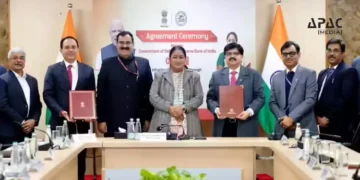

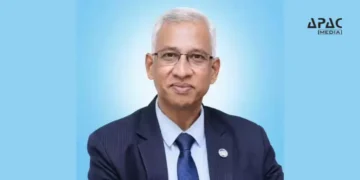


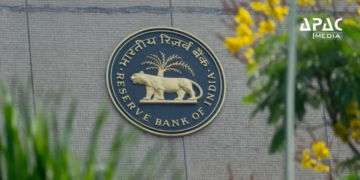





























Discussion about this post